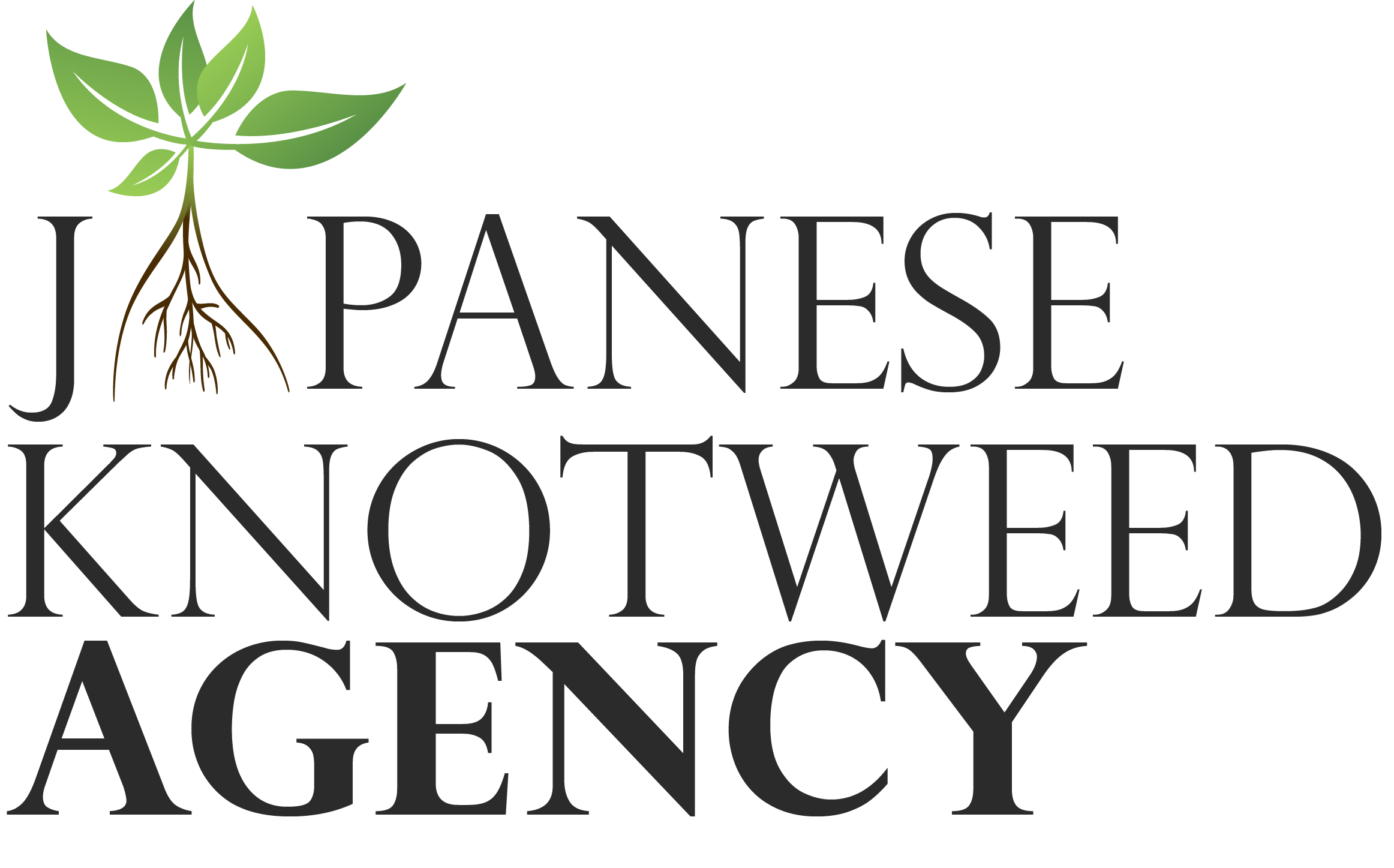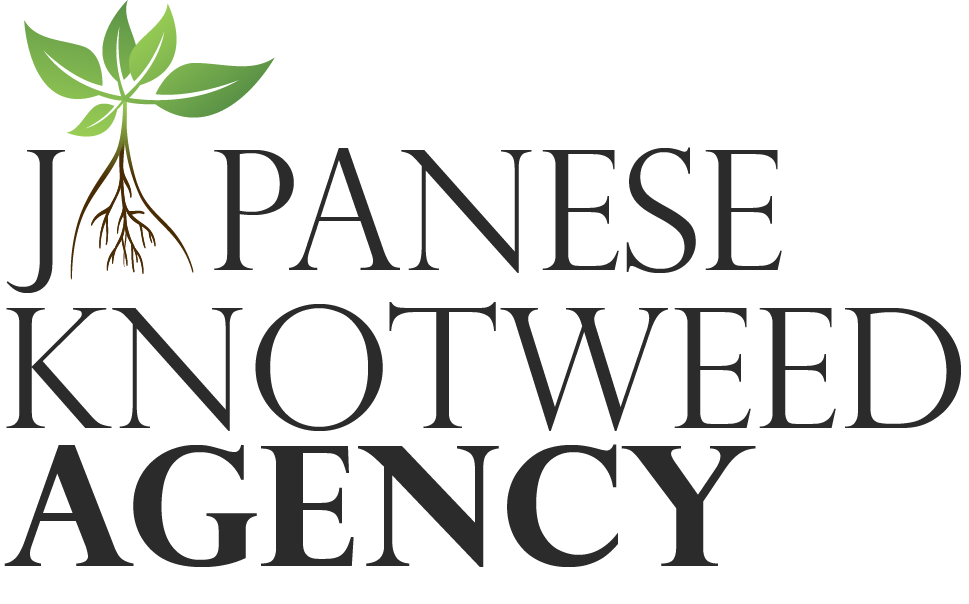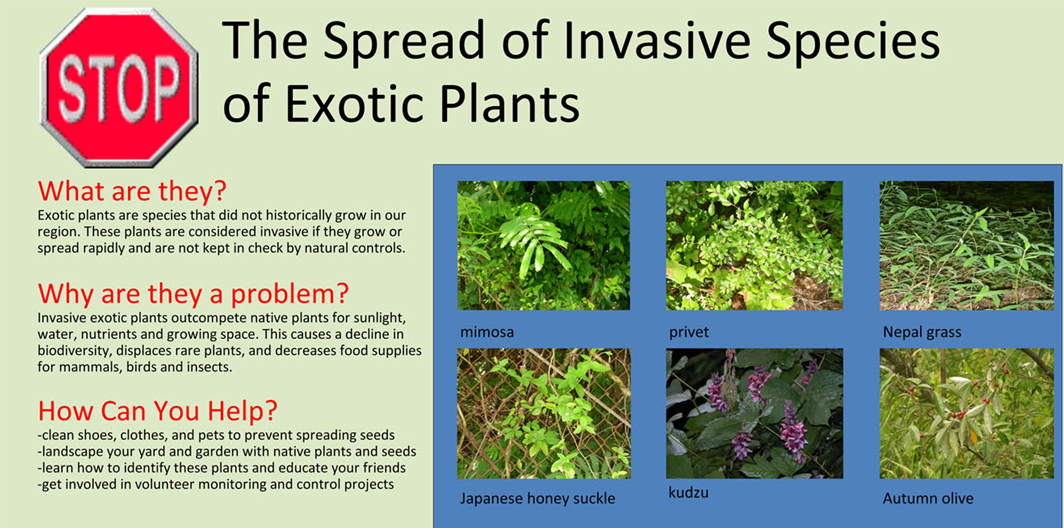WITH summer on its way, experts are urging homeowners to look in their gardens to see if they have certain plants which can “damage” property and “devalue” it.
Buying and selling property is often a stressful time, which can be made even more hard when invasive plants are found in the garden. To help homeowners identify plants before purchasing a new home, or to solve current issues, Japanese Knotweed Agency have unveiled the most “common” plants which can devalue property by as much as 15 percent.
Japanese knotweed is an invasive plant which is identified by its creamy white flowers, bamboo-like stems and shaped leaves. It is the most invasive weed in the UK, infamous for its devastating ability to cause costly damage. Its roots can reach down to 10 metres underground, making it extremely difficult to eradicate, and the spread of the weed could damage pipework, pines and weaken building foundations.
Due to this, Knotweed is listed as a defect to the property by RICS Homebuyer Reports, with the potential to reduce the price of property by as much as 15 percent.
Alan Hoey, Managing Director at the Japanese Knotweed Agency said “It is really important to check yourself or get a professional in to check and take immediate and thorough eradication actions before it gets too late if you find you are affected by Japanese Knotweed.
“We highly recommend you seek professional help when removing Knotweed as they re-establish easily from even the smallest remains of the root system.
If your property is affected by Knotweed and you are the owner, Japanese Knotweed Agency offer a free onsite survey and full report, along with a quotation for a herbicide treatment plan and 10-year insurance backed guarantee by a professional and qualified partner firm.
Request your FREE Japanese Knotweed Survey and Report
Similar to Japanese knotweed, giant hogweed is invasive and can spread very fast. It is often spotted in July and can be identified by green stems with purple shoots and white flowers. The expert said: “Widespread really across the UK, especially found around rivers and ponds, its sap is phototoxic and can cause severe skin burns or scars under sunlight.
“Though not causing direct harm to the property, buyers may still refuse to pay a higher price if present because of its high cost of removal, up to £15,000.”
According to the experts, Ivy is also “dangerous to your house”, with a strong wall-climbing ability. It can cause wall cracks, damage the mortar and bring dampness into the home. “Unlike giant hogweed, English ivy could be removed with bare hands by peeling them carefully off the wall. “It is also possible to kill them by cutting their roots and letting them dry out.
“However, not all wall-climbing plants are harmful, such as Boston ivy, so we recommend consulting a professional before mistakenly cutting some beautiful and safe plants from your wall.”
While most trees cause no harm, the experts said large ones such as poplar, willow and oak can be dangerous if grown close to property.
Poplar trees have fast-growing root systems which can spread out to 40 metres and take up 1000 litres of water and nutrients from the soil. “They could live around 50 years and are harder to remove when their roots grow thicker and bigger as time progresses. Their age, soil type, location, depth all matter when deciding whether your tree is a problem. If grown too close to your property, they could lead to further risks or cracks in foundations, subsidence and other structural defects, potentially costing you £5,000 to £25,000 to repair.”
Another invasive plant which can spread seeds metres away is the Himalayan balsam.
It was brought to the UK in 1839. It grows up to two to three metres tall and has pink flowers in summer and early autumn. It can kill off other plants and reduce biodiversity by stealing lights, nutrients and water.
It does not have physical danger to humans but its significant ecological impact on nature and associated laws are not favoured by buyers.
So, it is recommended to keep this plant controlled or eradicated, and make sure it does not spread to your neighbours’ home as it can be illegal.


